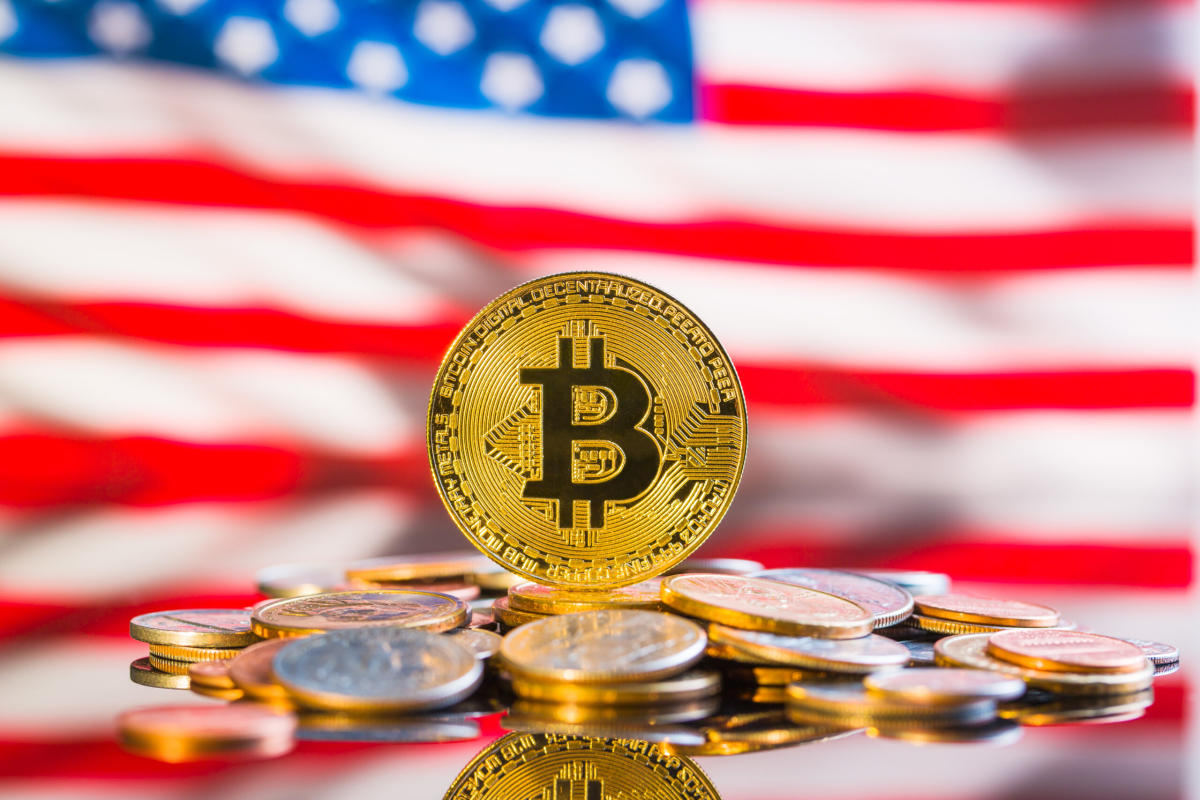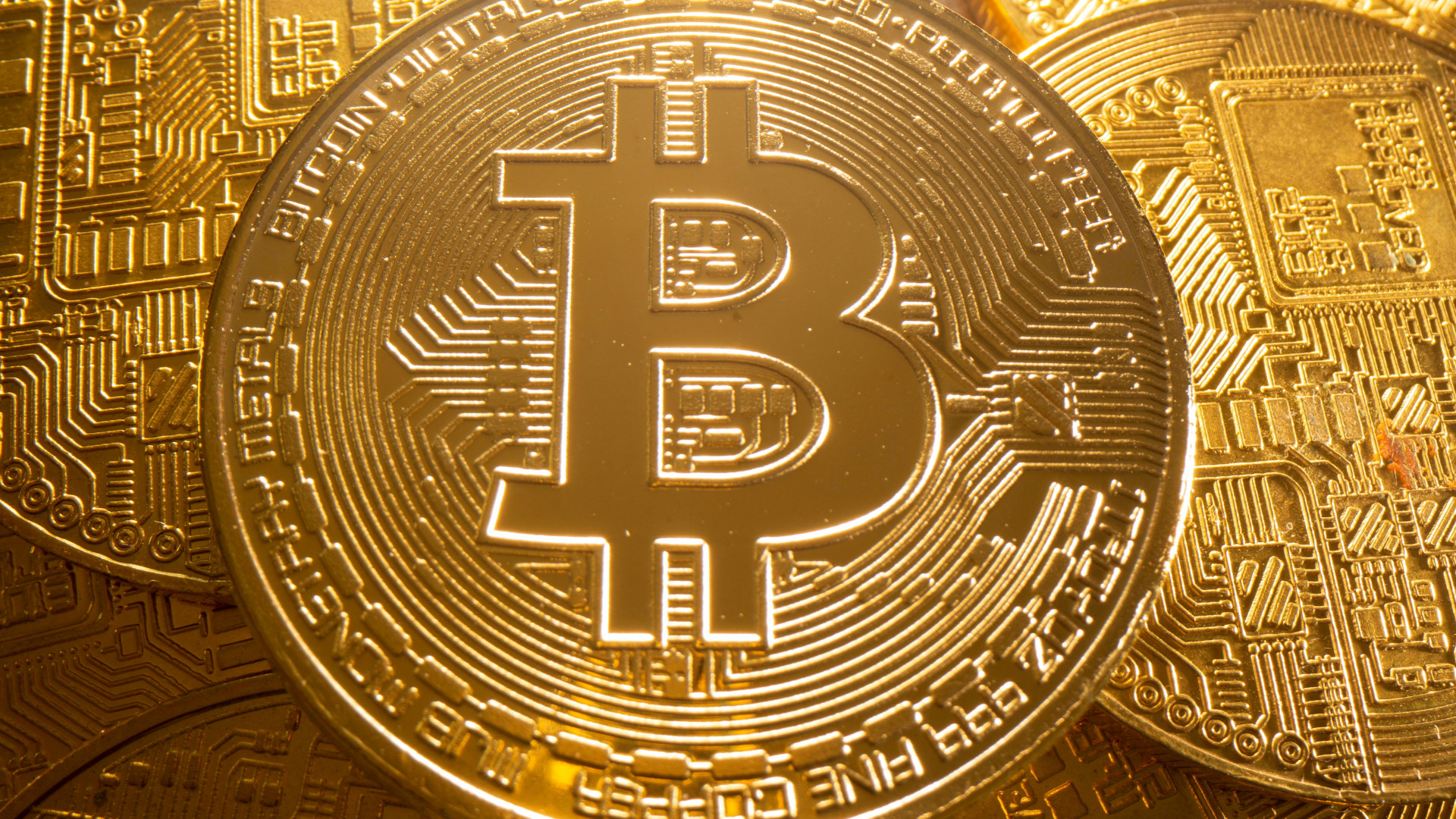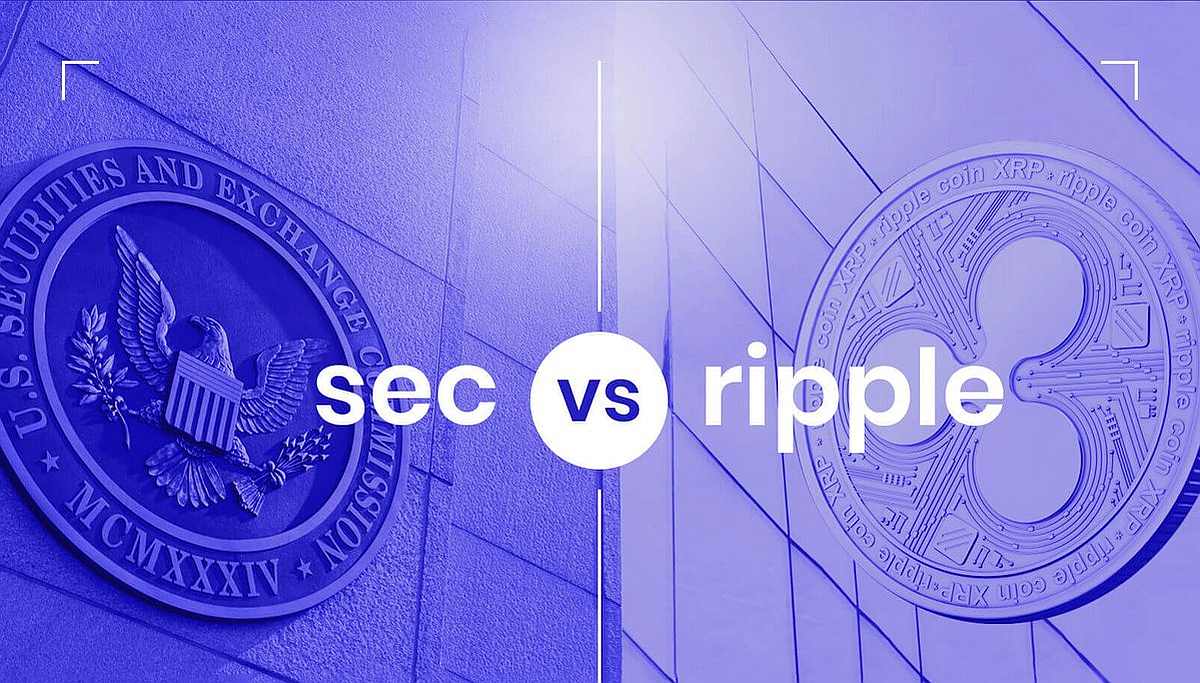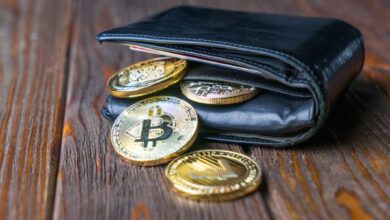Japanese Government Declines to Include Bitcoin in Its Reserves

Japanese Government Declines: The Japanese government has recently made headlines by publicly declining to incorporate Bitcoin into its foreign exchange reserves. This decision has sparked widespread debate among financial experts, and cryptocurrency enthusiasts. Hayes Sells ENA Despite Athena’s Rise And policymakers, as nations around the world increasingly grapple with the evolving role of digital assets in their economies.
The Background of Bitcoin and National Reserves
Bitcoin, the world’s first decentralized cryptocurrency, has experienced remarkable growth since its inception in 2009. Over the years, it has been championed as a store of value, often referred to as “digital gold.” Advocates argue that Bitcoin’s finite supply and resistance to censorship make it an ideal hedge against inflation and economic instability. As of now, however, very few countries have leaped to include Bitcoin in their national reserves. Which are traditionally dominated by fiat currencies, gold, and other tangible assets.
Japan’s Position on Bitcoin
Japan is no stranger to cryptocurrency. It was one of the first major economies to recognize Bitcoin as legal tender, and its regulatory framework for cryptocurrencies is considered one of the most advanced globally. Despite this progressive stance, the Japanese government has firmly stated that it has no plans to incorporate Bitcoin into its foreign exchange reserves.
Reasons Behind Japan’s Decision
- Volatility Concerns: Bitcoin’s price is notoriously volatile. While its value has surged dramatically over the past decade, it has also experienced significant crashes. This volatility makes it a risky asset for governments aiming to maintain stable and predictable reserves.
- Regulatory Challenges: Including Bitcoin in national reserves would require a significant overhaul of existing financial and regulatory frameworks. Governments would need to establish secure storage solutions, protocols for valuation, and mechanisms for integration with traditional financial systems.
- Lack of Precedent: Few countries have adopted Bitcoin as part of their reserves. Japan’s decision may reflect a cautious approach, opting to wait and observe the outcomes in other nations before considering such a move.
- Focus on Traditional Stability: Japan’s reserves are heavily invested in stable, low-risk assets like U.S. Treasury bonds and gold. Bitcoin, despite its potential, does not currently align with this conservative strategy.
The Global Context
 Globally, the debate over Bitcoin’s role in national reserves is intensifying. El Salvador stands out as a notable exception, having adopted Bitcoin as legal tender and reportedly holding it as part of its national reserves. However, the success of this experiment is still uncertain, with critics pointing to increased financial risks for the small Central American nation.
Globally, the debate over Bitcoin’s role in national reserves is intensifying. El Salvador stands out as a notable exception, having adopted Bitcoin as legal tender and reportedly holding it as part of its national reserves. However, the success of this experiment is still uncertain, with critics pointing to increased financial risks for the small Central American nation.
Other countries, particularly those facing economic sanctions or currency instability, have shown interest in using Bitcoin to bypass traditional financial systems. However, mainstream adoption by major economies like Japan remains elusive.
What This Means for the Future
Japan’s decision underscores the cautious approach many governments are taking toward integrating cryptocurrencies into their financial ecosystems. While Bitcoin enthusiasts may view this as a missed opportunity, the move highlights the need for greater stability, regulatory clarity, and institutional trust in the cryptocurrency space.
For now, Bitcoin’s role in national reserves remains a contentious issue, one that will likely evolve as the cryptocurrency market matures and governments reassess their strategies in an increasingly digital financial landscape.
Conclusion
Japan’s refusal to include Bitcoin in its reserves reflects a pragmatic approach to economic stability. As the global economy continues to digitize, the role of cryptocurrencies in national reserves will remain a hotly debated topic. For Japan, the focus remains on maintaining a balance between innovation and caution, ensuring that its financial systems remain resilient and secure in the face of change.
[sp_easyaccordion id=”3941″]




